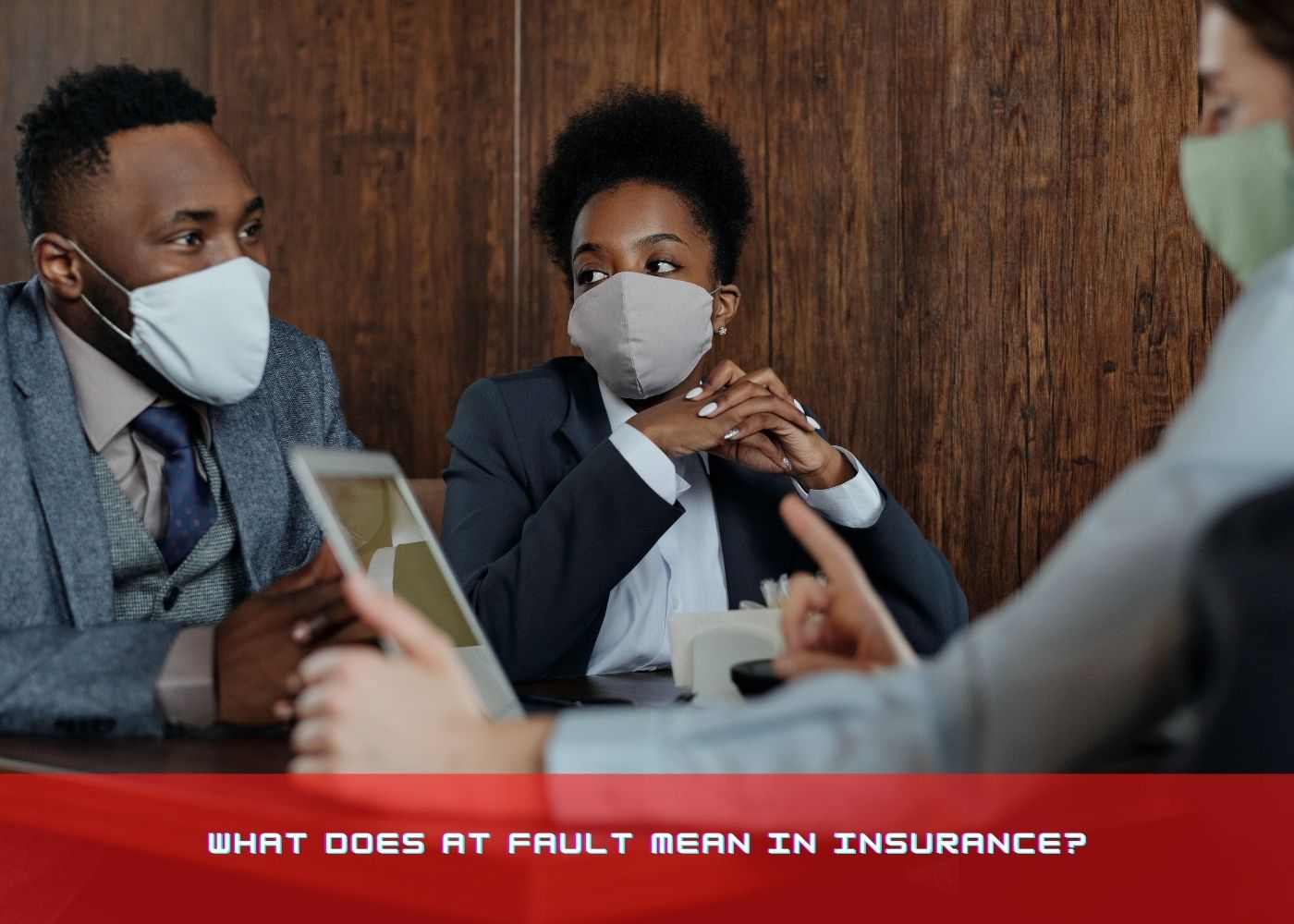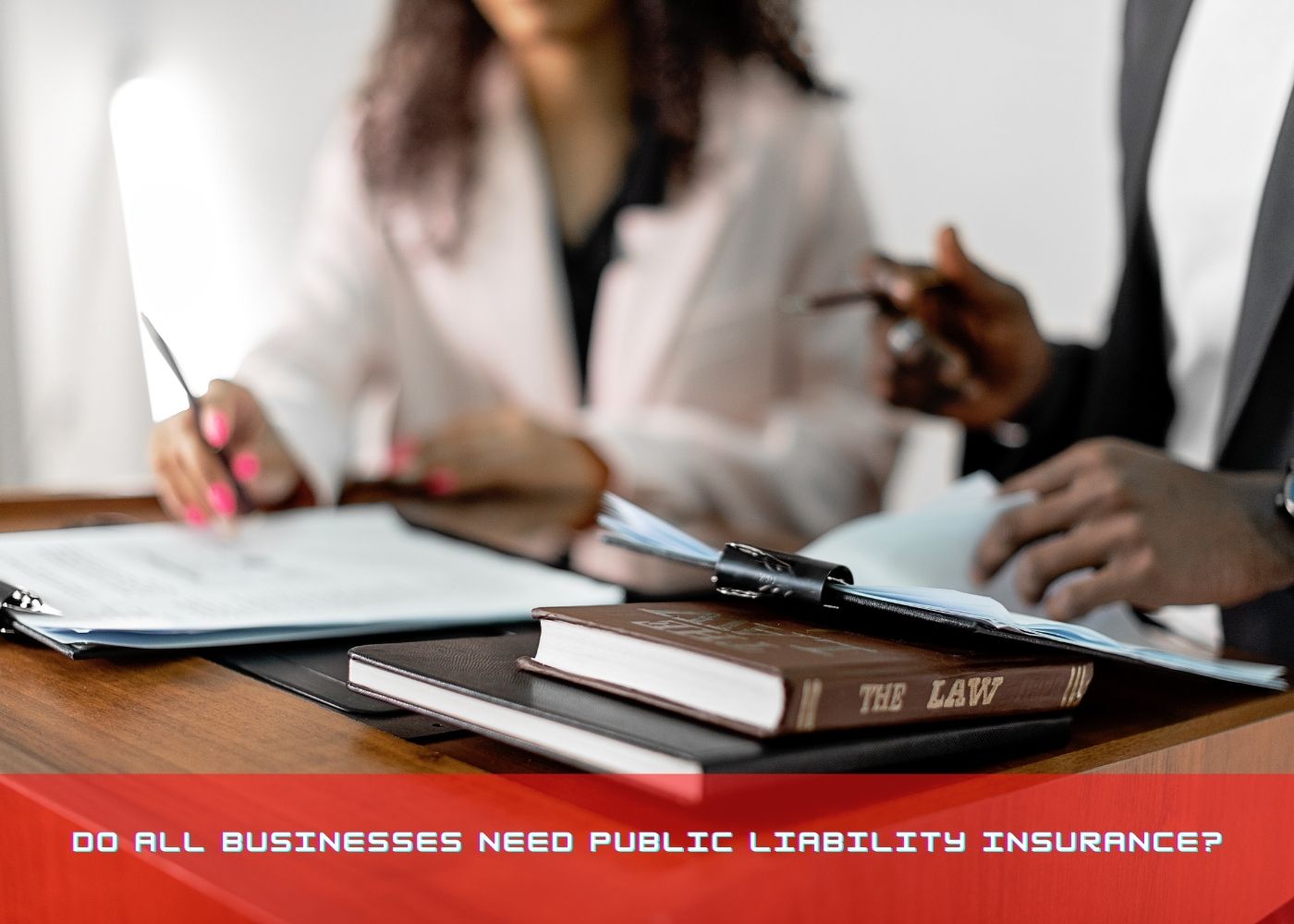
Following a car accident, insurers attempt to determine who was at fault. This can affect the amount of the insurance claim payout, but proving fault can be difficult. We'll go over how your state affects how your insurer determines fault and how you can verify your innocence following a car accident and everything else in between.
Let’s start with this,
What does at fault mean in Insurance
If you were the at-fault driver in a car accident, it means that an insurance adjuster determined that you were the one who caused the accident. As the at-fault driver, your car insurance would cover the other driver's injuries and property damage — as long as you have sufficient coverage.
Why was no-fault insurance created?
The no-fault law was created by the government and the union, the Department of Labour. Because the government paid their wages, these individuals had no accidents and were never required to pay for damages caused to other people or vehicles. It was all down to the unions. This act was also a collective bargaining scheme to keep fire services, police officers, and health and welfare agencies from providing personal injury protection at a fraction of the cost. As a result, they were able to charge employers rates that were nearly half the cost of insurance.
Does a no-fault claim affect car insurance?
Is a no-fault claim going to affect my car insurance? Yes. A no-fault insurance claim can result in the cancellation of your current policy and the creation of a new policy. In general, you can only start a new car insurance policy after filing a no-fault claim, but a driver could start a car insurance policy for a different car, then later file a claim against the vehicle used to start the policy.
What are the benefits and drawbacks of no-fault insurance?
The benefits of no-fault insurance include quick claim payouts following an accident and a reduction in the number of lawsuits for minor injuries. The disadvantages of no-fault insurance include increased car insurance premiums and the difficulty in obtaining compensation for pain and suffering.
What does a non-fault claim mean?
A non-fault claim is one made on behalf of an injured person and contains any claim for losses or damages resulting from an incident in which the injured person was never at fault. It can include personal injuries as well as vehicle damage, such as if you are knocked off your bike or your car door is opened against you. Some claims are legitimate uses of your legal rights and/or entitlements, while others do not meet the definition of a claim but can still be pursued as one. Medical expenses, personal injury, and pain and suffering are some examples of 'claims.'
Who invented no-fault insurance?
Perhaps, though it isn't a historically significant name. Richard Hart coined the phrase in 1954. The basic concept is that no one is required to pay for the injuries caused by others; instead, a company can purchase a health insurance policy in which the policyholder pays nothing and the insurance company makes up the difference if the policyholder is injured.
What does no-fault history mean?
It means that if an accident or injury happens on the job, whether it's on or off the job, or if someone dies as a result of an injury, the employer is not required to hold the injured or their families accountable. The employer is not required to compensate the injured. If an employee is injured, hurt, or killed on the job, the employee's family cannot sue the boss in a no-fault court. Because the employer is not liable for an employee's injury or death under no-fault, the family is forced to sue the employer's insurance provider or pay out-of-pocket.
How do you handle a vehicle accident that was not your fault?
Even though the other motorist was at fault, you are still held accountable since you drove. What should you do if you are involved in a vehicle accident? You pray, hope, and focus on getting to your goal alive. You keep your cool and stay focused. You can only see what is right in front of you. You make apologies and hope for a brighter future.
Finally, the last piece of advice I'll like to give is that you shouldn’t worry about things you can’t control. You laugh at the amusing events that occur. You have shouldn’t over life. You simply have to accept it. Don't worry about it. Have fun with life. If that means bringing an umbrella and simply standing under it, that's fine as well. If that means sitting in your car for an hour or more while a tornado approaches, that's fine. Simply ride out the storm.




















Comments (1)
eva
Sep 30, 2025
a nice blog amazing and wonderful information you have shared with us wisely pay
Write a Comment